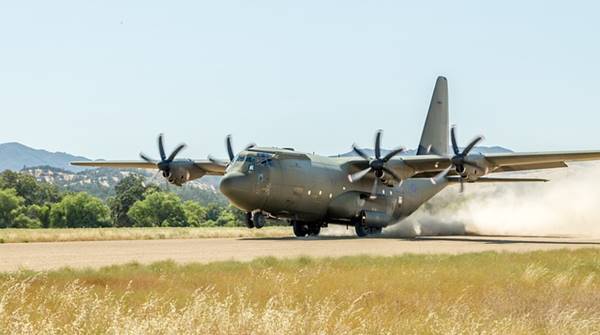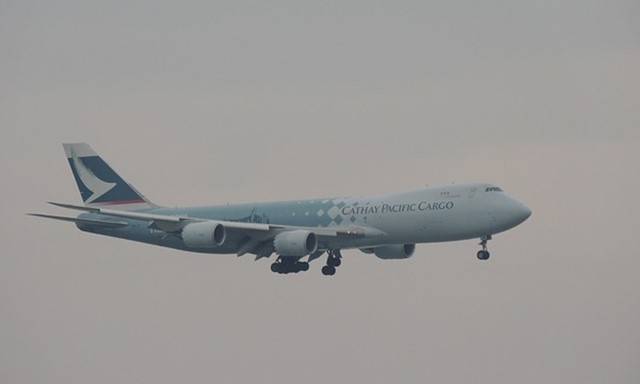Air Cargo vs Road Transport. Advantages and Disadvantages
In today’s fast-paced world, cargo transportation has become a crucial part of international trade. Air cargo and/vs road transport are two major modes of cargo transportation. While both modes have their advantages and disadvantages, the differences between them are significant. In this article, we will explore the differences between air cargo and land cargo and the advantages and disadvantages of air cargo.
Differences between Air Cargo and Road Transport
Air cargo refers to the transportation of goods by air, while land cargo/road transport refers to the transportation of goods by road, rail, or waterways. The most significant differences between these two modes of cargo transportation are:
Speed: Air cargo is faster than land cargo. Airplanes can transport goods to almost any part of the world within a few hours, while land cargo can take several days or even weeks to reach its destination.
Capacity: Airplanes have limited cargo capacity compared to trucks, trains, and ships. However, they are ideal for transporting small, high-value items such as electronics, pharmaceuticals, and perishable goods.
Cost: Air cargo is more expensive than land cargo due to the high operating costs of airplanes. The cost of fuel, maintenance, and labor is significantly higher for airlines than for trucking companies or railroads.
Infrastructure: Air cargo requires specialized infrastructure, including airports, warehouses, and cargo handling facilities. Land cargo, on the other hand, can be transported using existing road and rail networks.

Advantages of Air Cargo
Despite the higher cost, air cargo has several advantages over land cargo:
Speed: As mentioned earlier, air cargo is much faster than land cargo. This speed is particularly advantageous when transporting time-sensitive goods such as medical supplies, perishable goods, and high-value items.
Global reach: Airplanes can transport goods to almost any part of the world, including remote locations that are difficult to reach by land.
Reliability: Air cargo is less affected by weather and traffic conditions than land cargo. Flights are rarely delayed due to weather conditions, and airlines have backup plans in case of unexpected disruptions.
Security: Airports have stringent security measures in place to ensure the safety of passengers and cargo. This makes air cargo a safer option than land cargo, which is susceptible to theft and damage.
Disadvantages of Air Cargo
Despite the advantages, air cargo also has its disadvantages:
Cost: Air cargo is more expensive than land cargo. The high operating costs of airlines are passed on to customers, making air cargo an expensive option for transporting goods.
Capacity: Airplanes have limited cargo capacity compared to trucks, trains, and ships. This makes air cargo unsuitable for transporting large volumes of goods.
Environmental impact: Airplanes contribute significantly to greenhouse gas emissions, making air cargo a less environmentally friendly option than land cargo.
Conclusion
In conclusion, air cargo and land cargo are two major modes of cargo transportation, each with its advantages and disadvantages. Air cargo is faster, more reliable, and more secure than land cargo but is more expensive and has limited capacity. Road transport/land cargo, on the other hand, is more affordable and has a larger capacity but is slower and less reliable than air cargo. Ultimately, the choice between air cargo and land cargo depends on the type of goods being transported, the distance to be covered, and the urgency of delivery.
References:
- International Air Transport Association. (2021). Air cargo. Retrieved from https://www.iata.org/en/publications/store/air-cargo/
- World Bank. (2019). Logistics performance index. Retrieved from https://lpi.worldbank.org/international/global
- www.aviationfile.com



